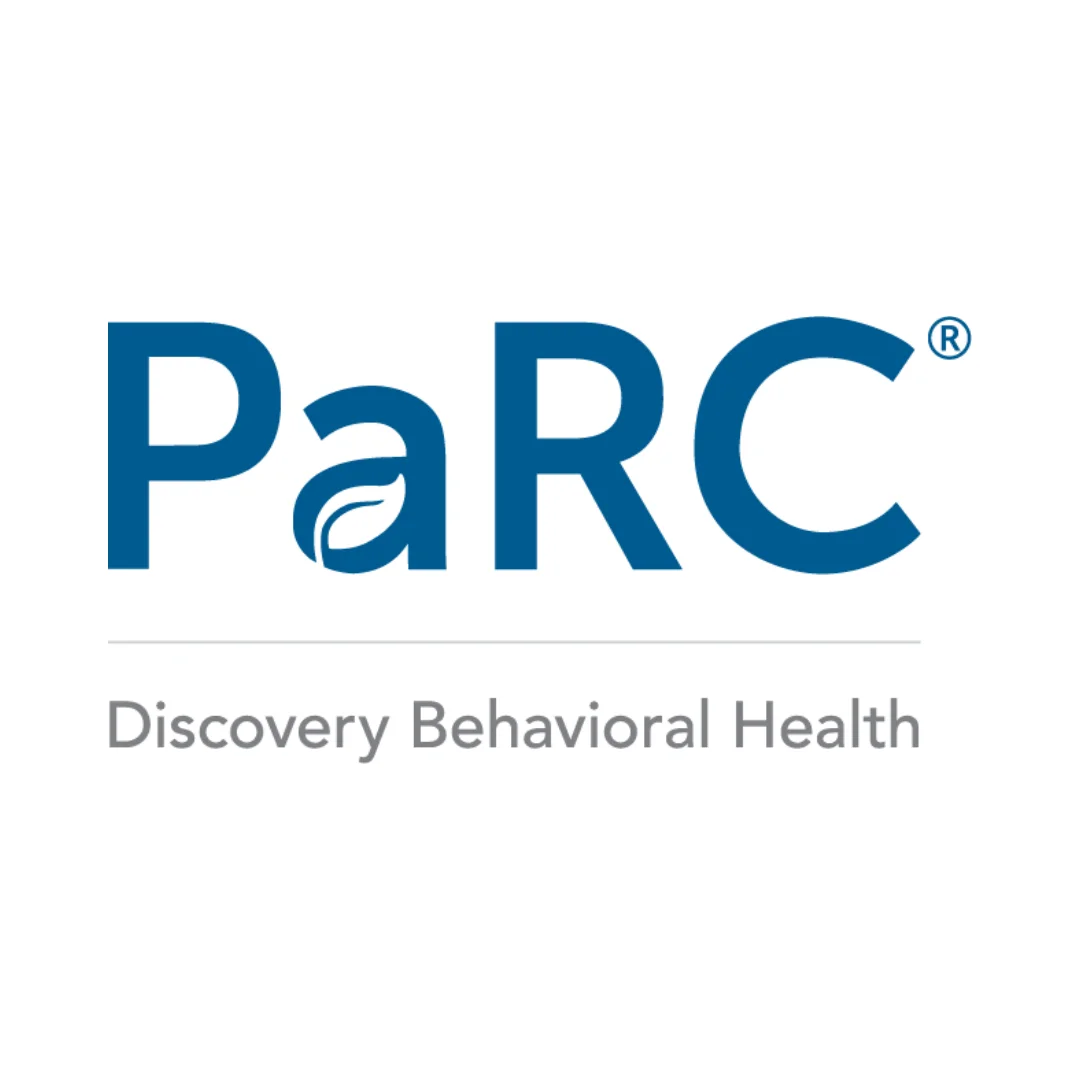Casa Palmera, located in Del Mar, California, is a luxury 12-step-focused drug and alcohol rehab center for adults. The facility offers a wide range of services including medically supervised detox, dual diagnosis care, inpatient treatment, partial hospitalization (PHP), intensive outpatient (IOP), general outpatient (OP), sober living, and aftercare programming. Specialized services are available for young adults, executives and professionals, military personnel and veterans, and trauma survivors.
Clients at Casa Palmera begin their recovery journey with comprehensive, 12-step-focused addiction treatment and dual diagnosis care. The initial phase often includes crisis intervention and medically supervised detox, where clients receive round-the-clock medical supervision and may be prescribed FDA-approved medications to ease withdrawal symptoms and prevent complications.
The luxury residential treatment center provides a secluded, home-like environment that promotes recovery. Premium amenities include private rooms, river views, and onsite fitness and recreational facilities. Clients undergo thorough medical and mental health assessments and receive personalized care plans. Treatment involves intensive, trauma-informed individual, group, and family counseling using proven modalities such as CBT, DBT, and motivational interviewing. The program also emphasizes life skills training, focusing on coping, self-care, anger and stress management, and relapse prevention. Complementary therapies such as acupuncture, meditation, yoga, and expressive arts are also available to enhance the recovery process.
Casa Palmera's outpatient and aftercare services ensure a comprehensive continuum of care that evolves with the clients' needs. These services include PHP, IOP, OP, and sober living options. Step-down support, 12-step program facilitation, and peer coaching are also provided to help clients maintain their sobriety and successfully reintegrate into the community.
Casa Palmera is accredited by The Joint Commission and accepts private insurance and self-pay. With locations in Del Mar and Los Angeles, Casa Palmera is a nationally recognized subacute residential treatment center offering drug rehabilitation, alcohol addiction treatment, and care for mental health disorders such as depression, anxiety, and trauma. The facility is staffed with a diverse team of psychiatrists, psychologists, and therapists who work collaboratively to support each patient within a caring community.
Casa Palmera Information
Treatment
Who We Treat
- Midlife Adults
- Male and Female
Treatment Focus
- Co-Occurring Disorders
Approaches
- 12-Step-Based
- Evidence-Based
- Twelve Step
- Family Therapy
- Holistic
- Cognitive Behavioral Therapy (CBT)
- 1-on-1 Counseling
- Meditation & Mindfulness
- Transcranial Magnetic Stimulation (TMS)
Conditions We Treat
- Depression
- Anxiety
- Bipolar Disorder
- Post Traumatic Stress Disorder (PTSD)
- Trauma
- Bipolar
- Eating Disorders
- Co-Occurring Disorders
Substances We Treat
- Alcohol
- Prescription Drugs
- Heroin
- Opioids
- Cocaine
Languages
- English
Aftercare
- Intensive Outpatient Program
- Outpatient Treatment
Level of Care
- Outpatient
- Intensive Outpatient Program (IOP)
- Day Treatment
Experience
On-Site Amenities
- Access to Nature
- Fitness Center
- Gardens
- Outdoor Lounge
Personal Amenities
- Air-Conditioned Rooms
- Private or Shared Rooms
Off-Site Amenities
- Beach Access
On-Site Activities
- Movies
- Physical Fitness
- Reading
- Ropes Course
Off-Site Activities
- Adventure Outings
- Beach Walks
- Hiking
Accreditations
-
The Joint Commission
The Joint Commission accreditation for addiction and behavioral health is a prestigious recognition signifying a facility's commitment to delivering high-quality care and safety for individuals dealing with substance abuse and mental health issues. It involves rigorous evaluations and assessments, ensuring patients receive evidence-based treatment and exceptional care. This accreditation demonstrates a facility's dedication to continuous improvement and ethical practices, building trust among patients and healthcare professionals seeking top-tier addiction and behavioral health services.

-
NAATP
The NAATP accreditation is a recognized addiction and behavioral health standard. This accreditation signifies that a treatment facility or program has met specific criteria and standards set by NAATP, demonstrating a commitment to providing quality care and services to individuals seeking treatment for addiction and behavioral health issues. Facilities and programs accredited by NAATP are evaluated on their adherence to established best practices, ensuring that clients receive comprehensive, evidence-based care to support their recovery journey.

Additional Locations
Casa Palmera Accepts The Following Insurance Plans
Find the best treatment options. Call our free and confidential helpline today!















